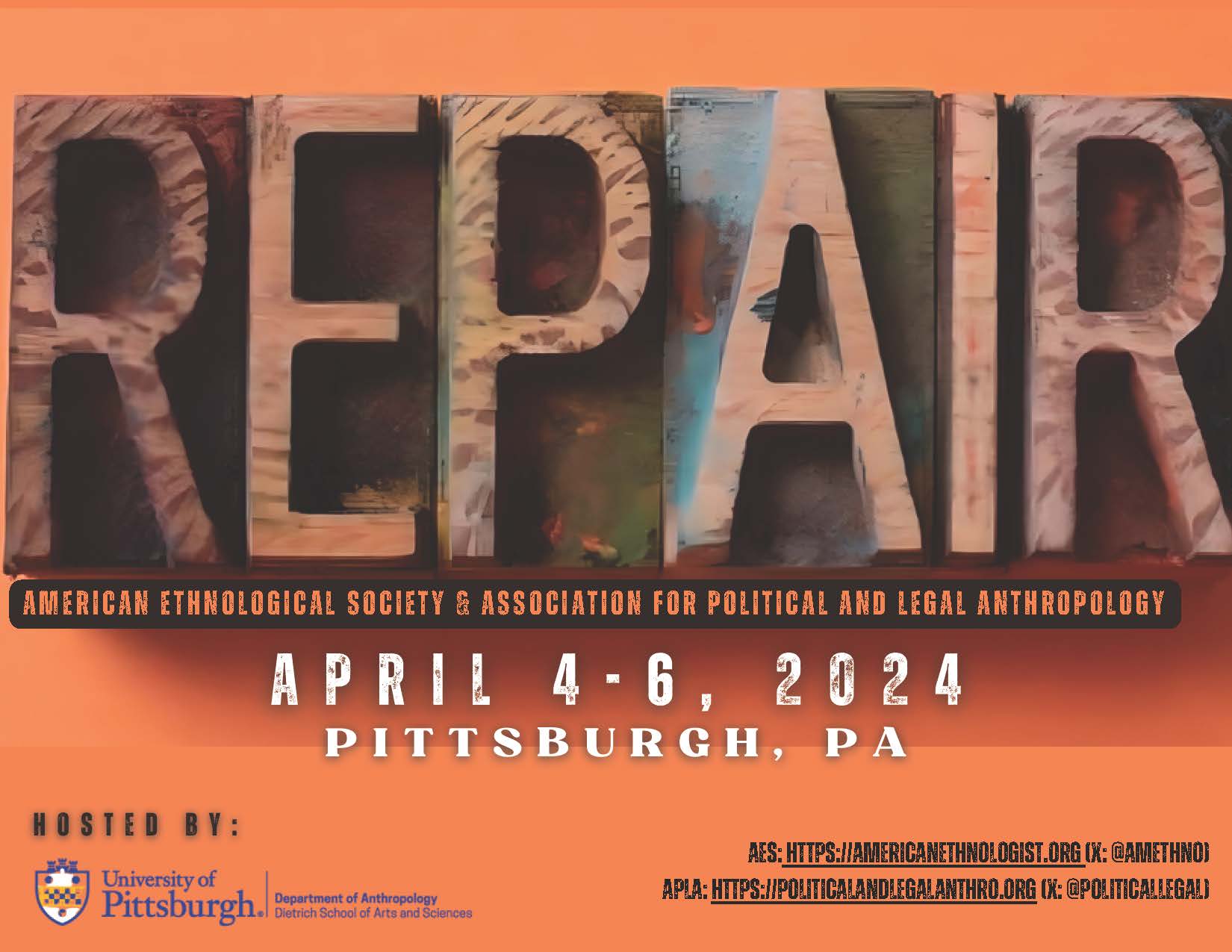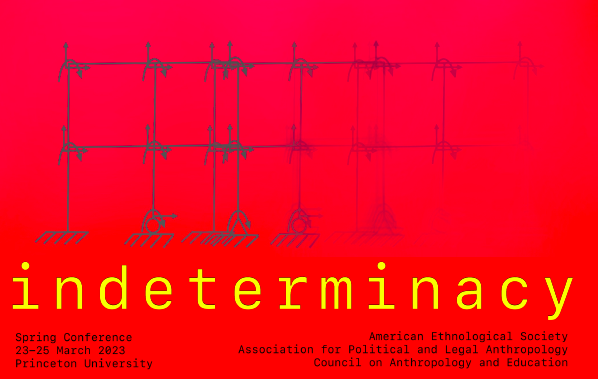May 9-12, 2007
Toronto, Canada

Theme: Indigeneities and Cosmopolitanisms
This conference, jointly organized by the Canadian Anthropology Society and the American Ethnological Society, aimed to stimulate debate and encourage collaboration across the boundaries of geography, discipline and membership. The theme Indigeneities and Cosmopolitanisms points to tensions animating contemporary anthropology and challenges us to think creatively about the politics of recognition, inclusion and exclusion, rights to scarce resources, sovereignty and citizenship, and conflict and violence.
By Frances Rothstein, AES Secretary
The lovely weather, convenient and comfortable setting at the University of Toronto, and the generous welcome from the Canadians of CASCA contributed to a very relaxed atmosphere that provided an excellent context for meeting and talking with old and new friends. Thanks to Councilor and AES Conference Organizer Matti Bunzl’s efforts to provide many student travel grants and Graduate Student Representative Becca Prahl’s organization of a number of events of interest to students, student participation was unusually strong. Becca organized a number of useful workshops on IRBs, funding, and publishing as well as an AES/CASCA student party.
Among the many highlights of the conference was the AES Plenary Panel chaired by President, Ida Susser. The session entitled “The Metaphysices of Disorder and the Pragmatics of Exclusion: Society, Subject and Sovereignty in the Present Continuous” began with Jean and John Comaroff’s paper, “Ethnicity Inc: On Indigeneity and Its Interpolations,” in which they analyzed the new venture capital activity of indigenous entrepreneurs who take identity into the market. The authors concluded by suggesting that institutional topography has shifted in the contemporary world so that politics and economics are anchored together in market and law. Lively commentaries on the presentation by Carol Greenhouse and James Siegel were followed by questions and discussion from an extremely engaged audience. At the plenary also, the Elsie Clews Parsons Prize for best graduate student essay submitted for presentation at the Conference was awarded to Limor Samimian Darash, a Ph.D. student at Hebrew University and a visiting scholar at University of California, Berkeley. Darash’s paper, “The Limits of Emergencies and The Time of Event: The Pre-Event Configuration of Biological Threats” raised important questions about what gets defined as emergencies, why, and how the construction of hazardous events influenced the actualization of events.



